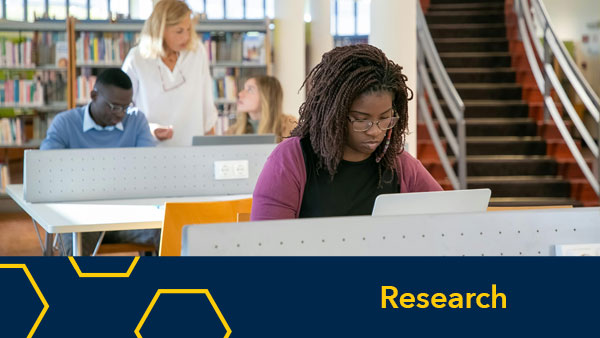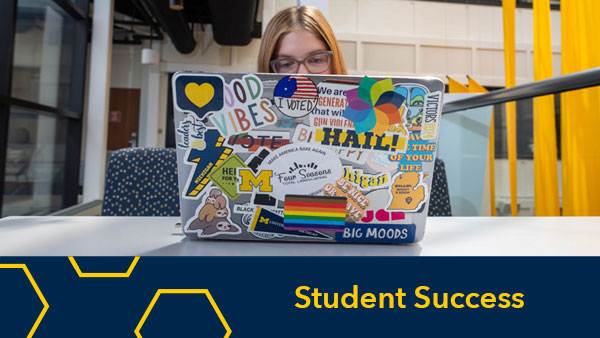Sean Corp, Content Strategist
The Center for Academic Innovation is funding six projects to help University of Michigan faculty and staff adopt and utilize educational technology to advance teaching and learning. The projects support faculty education in the School of Dentistry, graduate student education in the School of Public Health, and undergraduate education in a diverse set of residential courses in LSA.
In August, the center announced five awards in a previous round of funding designed to provide financial assistance and in-kind technical expertise to help faculty and staff implement the center’s educational technology tools. Recipients focused on using ed tech in residential courses, advising, and staff learning opportunities.
The center provides staff, including software developers and behavioral science experts, to help with project planning and implementation. Each approved project is also eligible for financial support up to $5,000. Funds can help facilitate the implementation of the project, including purchasing equipment or funding student positions to help integrate courses and assignments into educational technology.
The 11 awards represent campus groups brand new to the center’s educational technology tools, and Kyle Small, software portfolio manager at the center, believes providing adoption funds as well as support services are helping people who have long been interested in educational technology to engage with the center.
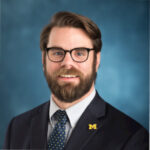
“These awards help us cultivate new relationships and expand our community of adopters across campus. The new perspectives we’re seeing in the proposals represent new use cases for educational technology that will benefit everyone on the Ann Arbor campus,” Small said. “We are excited about all our new projects, including gameful learning in a fashion course open to all campus students. We will also create a role-playing simulation that helps students practice their Vietnamese language skills and facilitates interaction between students in the U.S. and students in Vietnam.”
The new funding approach has been so successful the plan is to open applications for new ed tech adoption proposals in early 2023, Small said. To learn more about the educational tools available at the Center for Academic Innovation, visit the center’s website.
Projects Receiving Implementation Awards

Kevin Carr, Associate Professor of History of Art, LSA
Carr hopes to use gameful pedagogy and GradeCraft in his contemporary Japanese art course (HistARt392) as part of his continuing quest to innovate his pedagogy using active learning techniques. He previously received funding to use the ViewPoint simulation software in his premodern Japanese art history course.
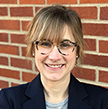
Olivia Anderson, Clinical Associate Professor of Nutritional Sciences, School of Public Health
Anderson intends to use the writing assistance tool Lettersmith in her Nutrition and the Life Cycle course (PUBHLTH 310) to standardize and streamline writing assignments for undergraduate students. She hopes this initial experiment will help her better understand if Lettersmith can support the writing process more broadly among the undergraduate population.

Sarah Oliver, Assistant Professor of Theatre and Drama, School of Music, Theatre & Dance, LSA
After completing the Gameful Learning MOOC, Oliver discovered the center’s GradeCraft gameful learning software. She will use GradeCraft to adopt a gameful pedagogy, give students more autonomy in choosing assignments, and create an environment of “play and experimentation.” The tool will also help facilitate grading assignments for more than 150 students enrolled in the Fashion and Costume: History of Western Silhouettes (THTREMUS 277).
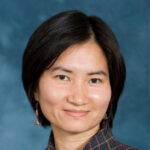
Thuy-Anh Nguyen, Lecturer, Vietnamese Language, Asian Languages and Cultures, LSA
Nguyen plans to use the simulation software ViewPoint for first- and second-year Vietnamese language students (ASIANLAN 175 and 275) and allow them to collaborate with students from Vietnam to practice language, share real experiences and complete language profiles.
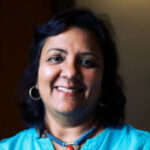
Vidya Ramaswamy, Director of Curriculum Evaluation and Promotion of Teaching and Learning, School of Dentistry
Ramaswamy is beginning a project focused on faculty development and learning using the GradeCraft platform. Ramaswamy’s goals include using GradeCraft to offer all potential faculty development opportunities, including those dedicated to course design, inclusive teaching, assessment and more. If the project proves successful, Ramaswamy believes it could serve as a model for other schools on campus and dental schools nationally.
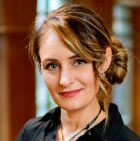
Monica L. Rosen, Intermediate Instructional Designer, School of Public Health
A team of instructors from the School of Public Health, led by Rosen, will use the exam prep tool Problem Roulette to assist graduate students in Biostatistics (BIOSTAT501) in preparing for their exams. She wants to use Problem Roulette because of its easy, intuitive interface. Previously, students were given word documents and PDFs with exam prep questions. Rosen and her team believe Problem Roulette will allow them to consolidate this information within the tool and lead to better exam scores for students.
While the application for implementation funds has closed for the selected tools in the center’s educational technology portfolio, faculty and staff are always encouraged to explore the tools available and connect with the center to receive more information or demo tools of interest by emailing [email protected].
